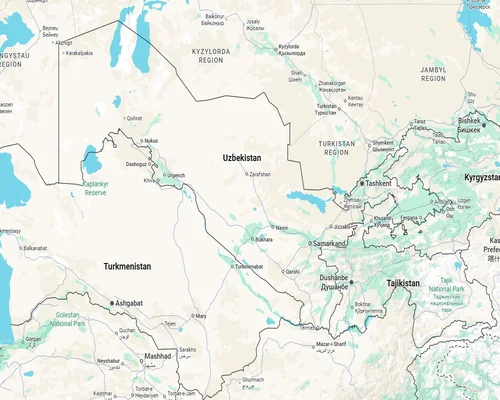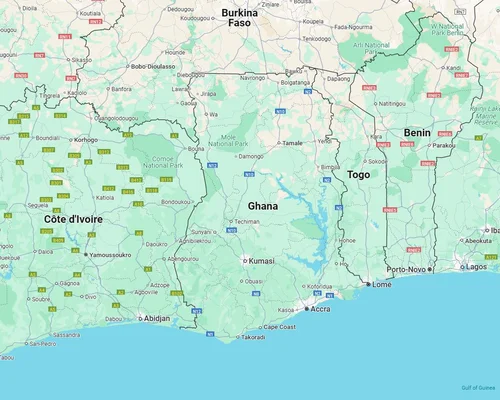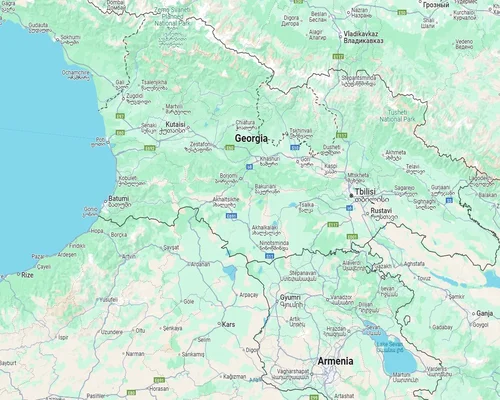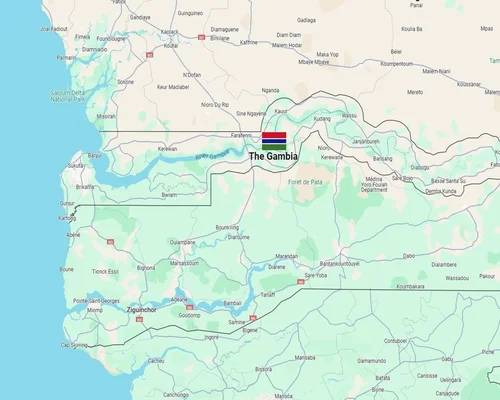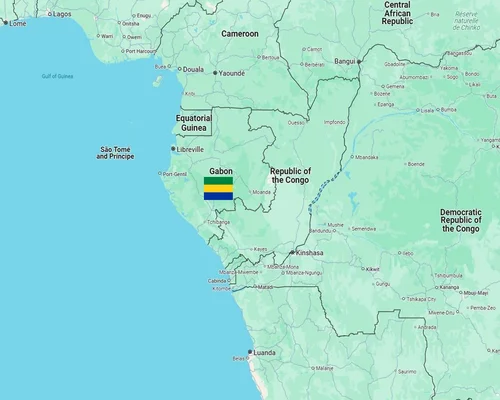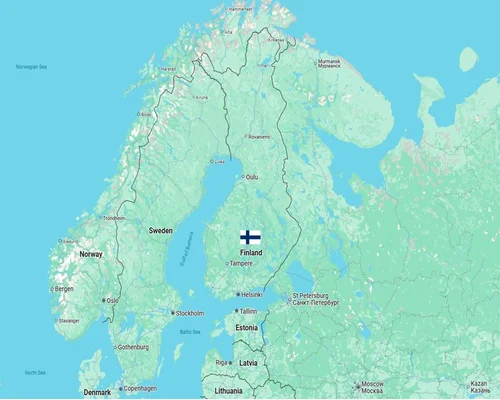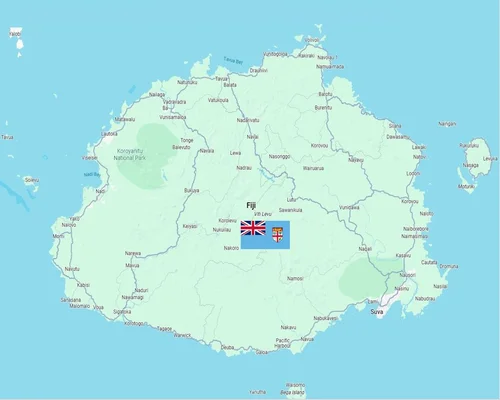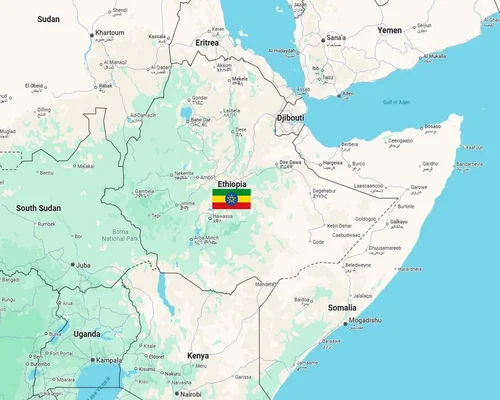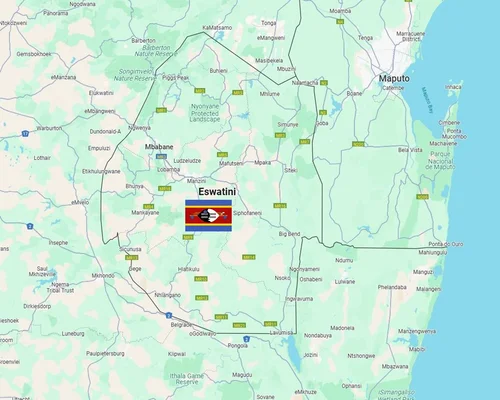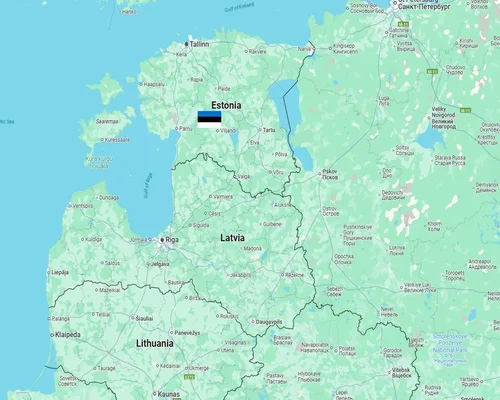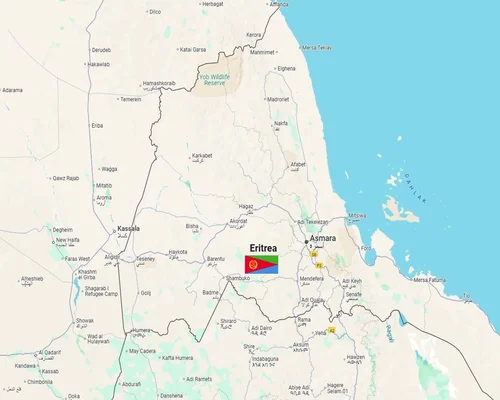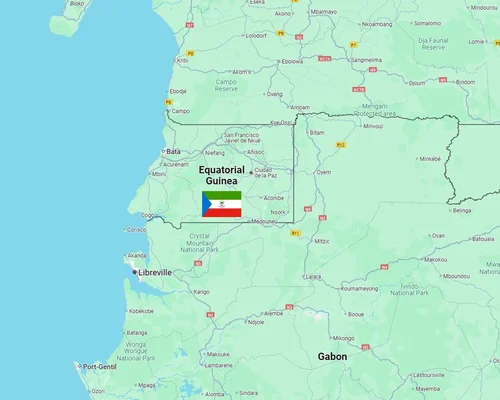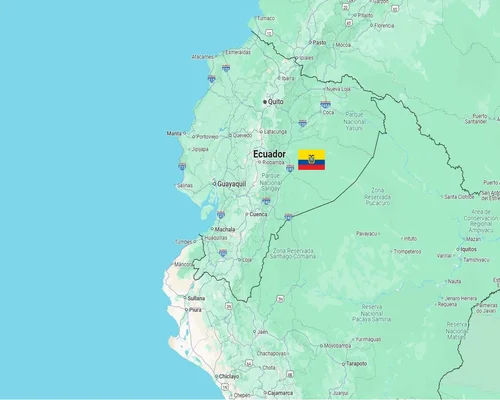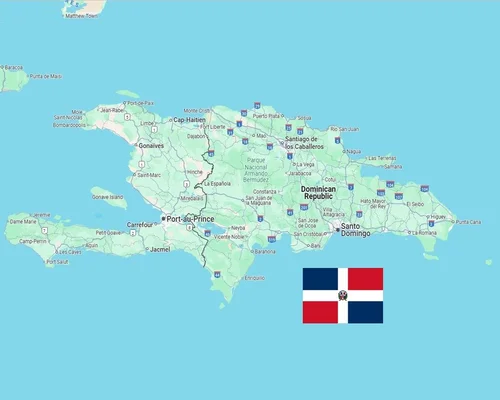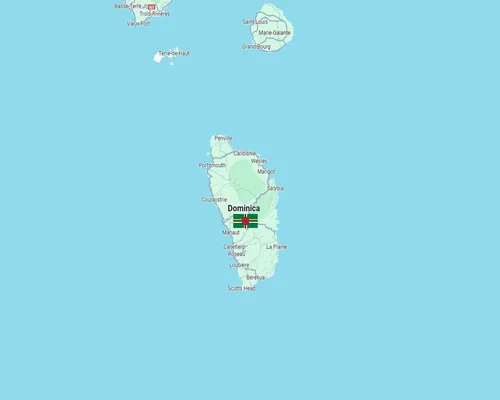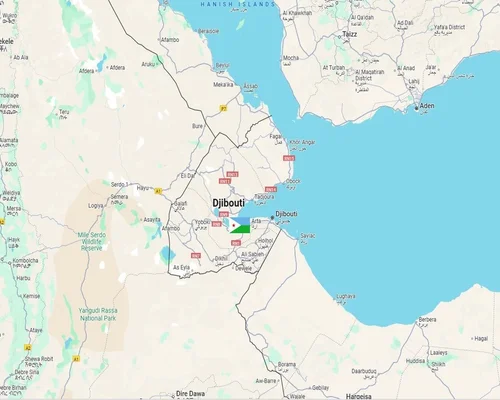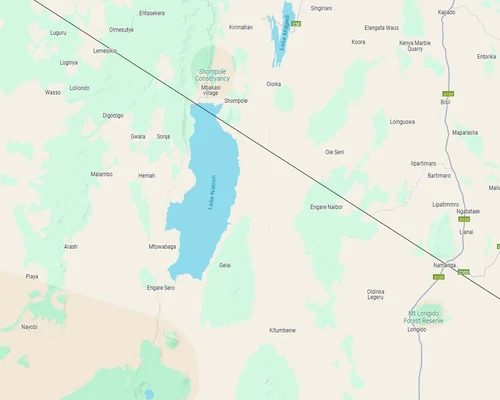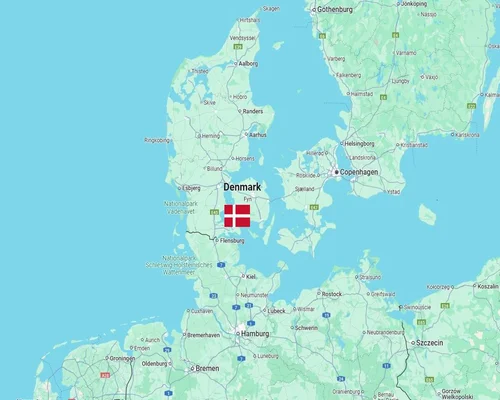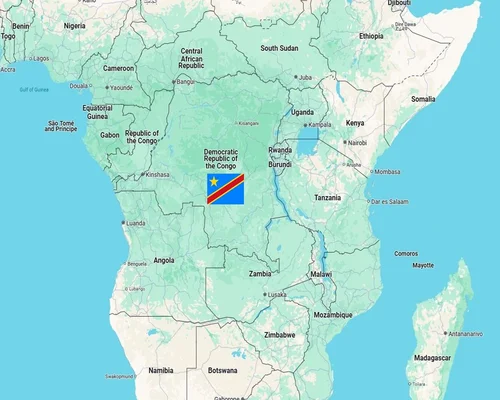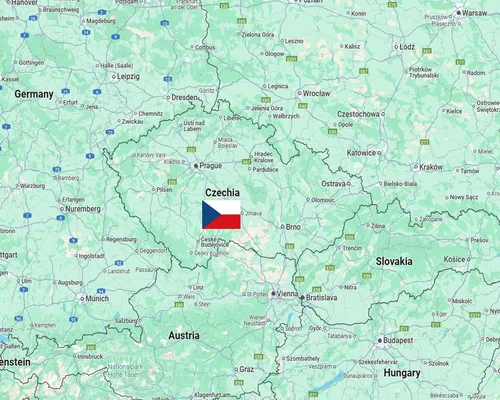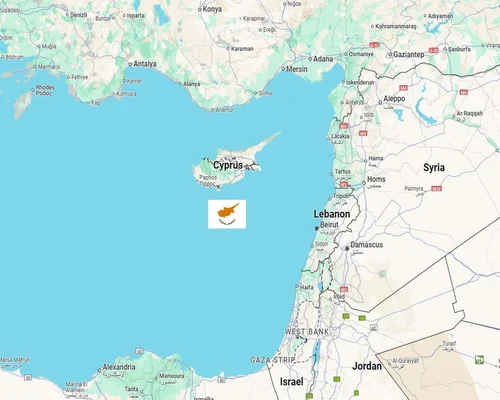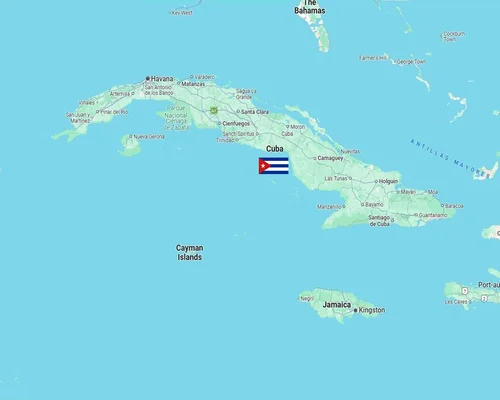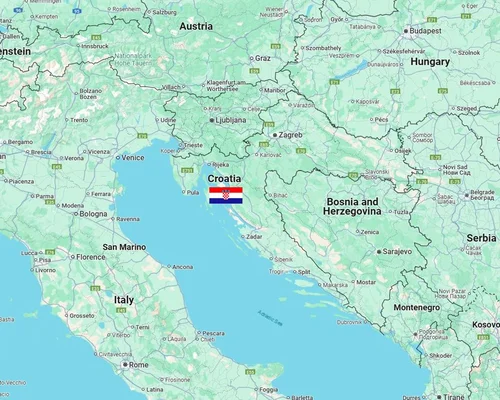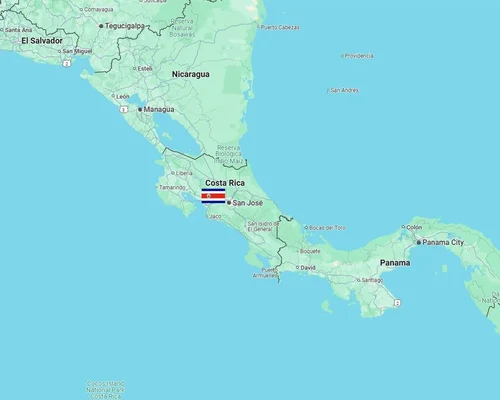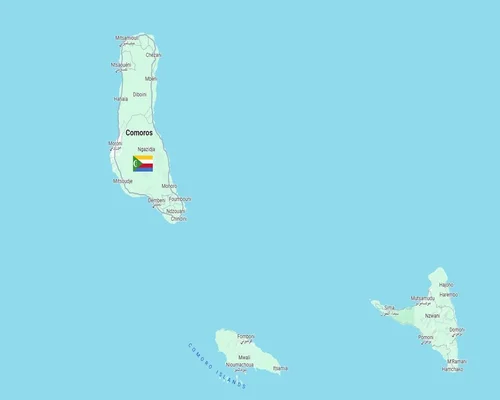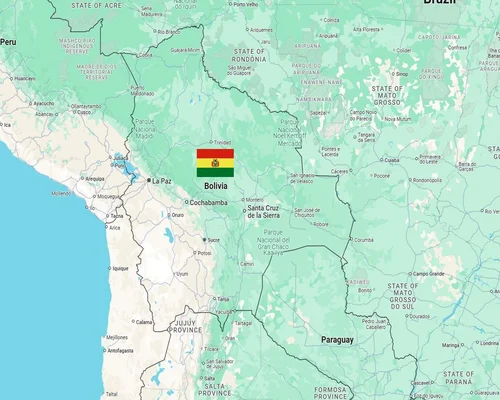
Facts about Bolivia
Facts about Bolivia
Bolivia is a landlocked country in South America, known for its natural beauty, cultural diversity, and rich history. It was once part of the Inca Empire and is now a multi-ethnic state.
General information about Bolivia:
Capital:
Official capital: Sucre.
Administrative capital: La Paz.
Largest city:
Santa Cruz de la Sierra.
Location:
Bolivia is located in the heart of South America. It borders Peru, Brazil, Paraguay, Argentina, and Chile.
Terrain:
Bolivia geographical diversity is extraordinary. It includes the Andes Mountains, the Amazon rainforest, the highlands (Altiplano), and the world largest salt flat, Salar de Uyuni.
Government:
Presidential democratic republic.
Economy:
Bolivia economy is based on mineral resources, natural gas, and agriculture.
Population and language:
Population:
About 12 million (as of 2024).
Language:
Bolivia has 37 official languages.
Spanish is the main language.
Among the indigenous languages, Quechua and Aymara are important.
Religion:
Mainly Roman Catholic. However, local indigenous religious beliefs are also prevalent.
Natural resources and features:
Salar de Wiuni:
It is the largest salt flat in the world, which is very attractive to tourists.
The landscape looks like a mirror, especially during the rainy season.
Lake Titicaca:
It is the highest navigable lake in the world, located between Bolivia and Peru.
Madidi National Park:
It is the most biodiverse area in the world.
Potosí Silver Mines:
Once known for its rich silver mines, it is one of the richest in the world.
Culture and Tradition:
National Costume:
The traditional dress of Bolivian indigenous women, the Pollera, is worn on special occasions.
Festivals:
Oruro Carnival: This is a UNESCO World Heritage Site and one of the largest festivals in Bolivia.
Food:
Popular dishes include salteñas, which are pastries filled with meat or vegetables, and chuño, which is a dried potato.
Economy and Natural Resources:
Main Exports:
Natural gas, tin, silver, and lithium.
Bolivia has the world largest lithium reserves.
Agriculture:
Main crops include coffee, coca leaves, and soy.
Special Facts:
Elevation:
La Paz is the highest capital city in the world (at approximately 3,650 meters or 11,975 feet).
Indigenous Peoples:
About 60% of Bolivia population is indigenous.
Conclusion:
Bolivia is a fascinating country for its natural beauty, rich culture, and historical heritage. It is of particular interest not only to tourists, but also to researchers and culture lovers.

